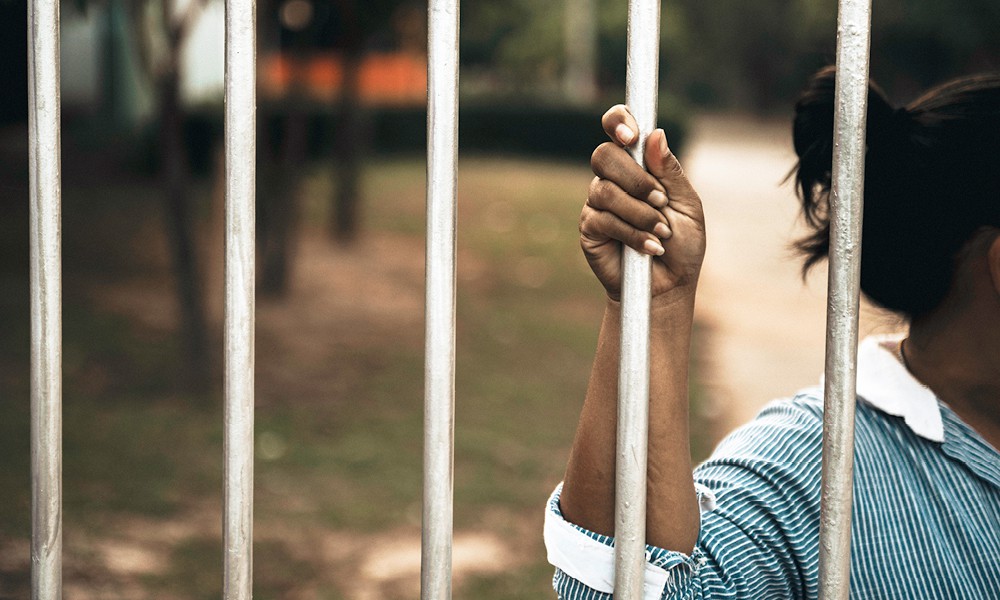The Queensland Sentencing Advisory Council has released an animated video explaining the process of sentencing in the state’s Murri Courts.
As part of QSAC’s Doing Justice Differently series, the video focuses on the specialist nature of Murri Court and how it delivers a culturally appropriate court process that respects and acknowledges Aboriginal and Torres Strait Islander cultures.
It also acknowledges how the Courts refer defendants to support services that address the underlying contributors to offending behaviour and provide magistrates with information about defendants’ personal and cultural circumstances.
QSAC’s Aboriginal and Torres Strait Islander Advisory Panel Chair and Murri Court Elder Bevan Costello said the Murri Court was essentially a combination of support, action and ownership.
“It sees Elders and Respected people from the community work closely with the Murri Court magistrates, the defendant and their legal representatives to help keep families together,’’ Mr Costello said.
“(It also) enables offenders to work through their issues, make better choices, reduce the risk of reoffending and help keep Aboriginal and Torres Strait Islander people out of prison.”
He said an important aspect of the Murri Court was reconnecting people with culture and understanding their personal and cultural circumstances that might have contributed to their offending.
“The video explains about the support we give our mob through the process and back in the community where they can yarn to Aunties and Uncles–as Murri Court Elders, we encourage them to make positive changes in their lives and make sure they are held to account,” Mr Costello said.
QSAC Chair John Robertson said the video showed that through the Murri Court process and before they are sentenced defendants are encouraged to take responsibility for their offending and increase their awareness of the consequences of their actions for victims and the community.
“Linking people with Elders and culturally safe support services, suitable Murri Court participants can access help that includes counselling, improving skills through education and training, having health checks for physical and mental wellbeing, going to alcohol and drug programs if needed, and going to men’s or women’s groups and yarning circles,” Mr Robertson said
In developing the Doing Justice Differently series and working with the specialist courts, QSAC is focusing attention on the many ways the court system is working to invest in people to keep communities safe.
“The Murri Court video highlights how the court is inclusive and responsive to culture and how it is working to reduce the overrepresentation of Aboriginal and Torres Strait Islander peoples in our criminal justice system,” Mr Robertson said. The Murri Court video is the third in the Doing Justice Differently series, with the first video focusing on the Queensland Drug and Alcohol Court and the second video highlighting the Court Link program.








Share this article